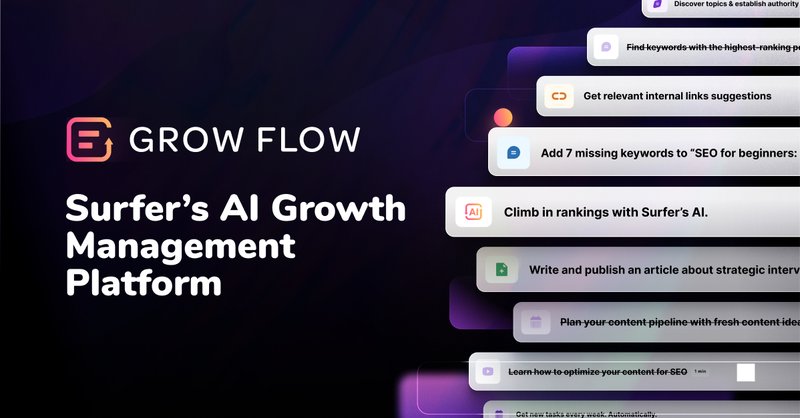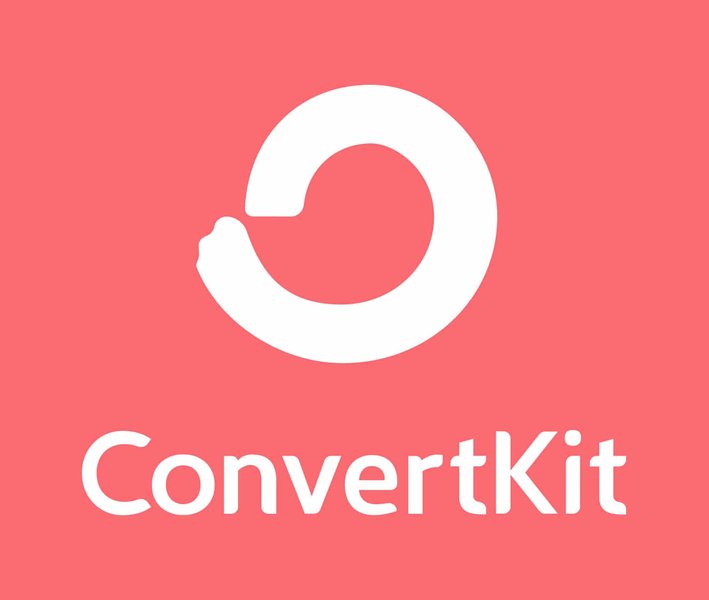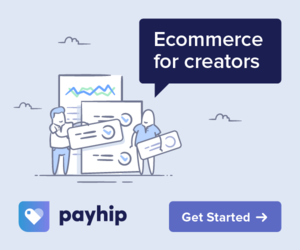How To Start A Blog & Make Money Online: A Beginner's Guide
Are you looking to start a blog and make money online? Starting a blog can be a great way to express your passion, share your knowledge with the world, and even earn some extra income.


In this article, we will provide you with a step-by-step guide on how to start a blog and make money online.
We will cover everything from choosing a niche, setting up your blog, creating content, and monetizing your blog. Whether you're a beginner or an experienced blogger, this guide will provide you with valuable insights and tips to help you achieve your blogging goals.
By the end of this article, you'll have a clear understanding of what it takes to start a successful blog and make money online. So, let's get started!
Choosing a Blogging Platform
Choosing the right blogging platform is crucial to the success of your blog. In this section, we will discuss the various factors you should consider when selecting a blogging platform.
Free vs. Self-Hosted Platforms
One of the first decisions you'll need to make is whether to use a free or self-hosted blogging platform.
Free platforms like WordPress.com and Blogger are easy to set up and use, but they come with limitations. For instance, you won't have complete control over your blog's design, and you won't be able to monetize your blog in certain ways.
On the other hand, self-hosted platforms like WordPress.org give you complete control over your blog.
You can customize your blog's design, add any functionality you want, and monetize your blog in any way you see fit.
Self-hosted platforms require more technical knowledge and come with additional costs.
Popular Blogging Platforms
There are many blogging platforms available, but some are more popular than others. Here are a few of the most popular blogging platforms:
| Platform | Pros | Cons |
|---|---|---|
| WordPress.org | Flexible, customizable, and great for SEO. | Requires technical knowledge and additional costs for hosting and domain registration. |
| Squarespace | Easy to use and great for design-focused blogs. | Limited customization options and can be expensive. |
| Wix | Easy to use and great for beginners. | Limited customization options and can be expensive. |
| Medium | Great for writers and easy to use. | Limited customization options and not great for SEO. |
Setting Up Your Blog
Now that you have decided to start a blog, it's time to set it up. Here are the three essential steps you need to take to get your blog up and running:
Choosing a Domain Name
The first step in setting up your blog is to choose a domain name. Your domain name is the name of your website and should be unique, memorable, and easy to spell.
Here are some tips to help you choose a domain name:
- Keep it short and simple
- Avoid using numbers and hyphens
- Make it relevant to your blog's topic
- Check if it's available on domain name registrars like GoDaddy or Namecheap
Choosing a Web Hosting Provider
The next step is to choose a web hosting provider. Web hosting is a service that allows you to store your website files on a server and make them accessible to the internet. Here are some factors to consider when choosing a web hosting provider:
- Price: Look for affordable plans that fit your budget
- Uptime: Choose a provider with a high uptime guarantee (at least 99%)
- Customer Support: Ensure the provider offers 24/7 customer support
- Features: Consider features offered, such as storage, bandwidth, and security
Installing WordPress
The final step is to install WordPress, which is a popular content management system (CMS) used by millions of bloggers. WordPress makes it easy to create and manage your blog without any coding skills. Here's how to install WordPress:
- Log in to your web hosting account
- Click on the WordPress icon in the control panel
- Follow the prompts to install WordPress
- Log in to your WordPress dashboard
- Start customizing your blog's design and adding content
Creating Content
Finding Your Niche
Before you start creating content for your blog, you need to determine your niche.
Finding your niche is crucial because it helps you to create content that resonates with your target audience. You can find your niche by identifying what you are passionate about, researching your competition, and understanding your target audience's needs.
Start by brainstorming topics that you are passionate about and have knowledge in. Then, research your competition and see what topics they are covering.
Look for gaps in their content and see if you can fill those gaps. Lastly, understand your target audience's needs and create content that addresses their pain points.
Creating High-Quality Content
Creating high-quality content is essential for attracting and retaining readers. Your content should be informative, engaging, and well-researched. Here are some tips for creating high-quality content:
- Use catchy headlines to grab your readers' attention
- Break up your content with subheadings, bullet points, and images to make it easier to read
- Use credible sources and link to them in your content
- Write in a conversational tone to make your content relatable
- Proofread your content to ensure it is error-free
Blogging Consistently
Blogging consistently is key to building a loyal readership.
You should aim to publish content on a regular schedule, whether it's daily, weekly, or monthly. Consistency helps your readers know when to expect new content and helps you stay top of mind.
Creating a content calendar can help you stay organized and ensure you are publishing content consistently.
Your content calendar should include the topics you plan to cover, the publishing date, and any other relevant information.
Building Your Audience
Promoting Your Blog on Social Media
Social media is a powerful tool for promoting your blog and building your audience.
By sharing your blog posts and engaging with your followers, you can increase your reach and attract new readers to your blog.
Here are some tips for promoting your blog on social media:
- Create social media accounts for your blog on platforms like Facebook, Twitter, and Instagram
- Share your blog posts on your social media accounts and encourage your followers to share them as well
- Engage with your followers by responding to comments and messages
- Use hashtags to increase the visibility of your posts
Networking with Other Bloggers
Networking with other bloggers can help you build relationships and increase your exposure.
By collaborating with other bloggers, you can reach new audiences and gain valuable insights and feedback. Here are some ways to network with other bloggers:
- Join blogging communities and groups on social media
- Attend blogging conferences and events
- Reach out to other bloggers in your niche and offer to collaborate on a project or guest post
- Comment on other blogs and engage with other bloggers on social media
Optimizing Your Blog for Search Engines
Search engine optimization (SEO) is the process of optimizing your blog to rank higher in search engine results pages (SERPs).
By optimizing your blog for SEO, you can increase your visibility and attract more organic traffic to your blog. Here are some tips for optimizing your blog for search engines:
- Research keywords and use them in your blog posts and meta descriptions
- Use descriptive and relevant titles for your blog posts
- Optimize your images by using alt tags and compressing them for faster loading times
- Link to other relevant content on your blog and external sources
Monetizing Your Blog
Once you've built a strong readership and created valuable content, it's time to start making money from your blog. Here are three effective ways to monetize your blog:
Affiliate Marketing
Affiliate marketing is a popular way to monetize a blog. In affiliate marketing, you promote other people's products or services and earn a commission for each sale made through your unique affiliate link.
To get started with affiliate marketing:
- Choose products or services that are relevant to your blog's niche and audience.
- Join affiliate programs such as Amazon Associates, ShareASale, or Commission Junction.
- Write honest and informative product reviews or create tutorials that incorporate your affiliate links.
Advertising
Display ads are another popular way to monetize a blog. You can place ads on your blog using ad networks such as Google AdSense, Media.net, or AdThrive.
To make the most of advertising:
- Choose ad placements that are visible but not intrusive to your readers.
- Optimize your ad placements for higher click-through rates (CTR).
- Track your ad performance and adjust your strategy accordingly.
Sponsored Content
Sponsored content is a form of advertising where brands pay you to create content that promotes their products or services.
To attract sponsored content opportunities:
- Build a strong online presence and establish yourself as an authority in your niche.
- Reach out to brands that align with your blog's values and offer to collaborate on sponsored content.
- Disclose sponsored content to your readers to maintain transparency and trust.
Conclusion
Congratulations! You now have all the tools you need to start a blog and make money online.
Remember, it takes time and effort to build a successful blog, but with consistency and dedication, you can achieve your goals.
Start by choosing a niche that you are passionate about and that has the potential to make money.
Create high-quality content that provides value to your readers and promotes engagement. Use social media and other marketing strategies to drive traffic to your blog and build your audience.
As your blog grows, consider monetizing it through various methods such as affiliate marketing, sponsored posts, and advertising.
Always be transparent with your readers about any sponsored content or affiliate relationships.
Finally, stay up to date with the latest trends and strategies in the blogging world. Attend conferences, join online communities, and continue to learn and grow as a blogger.
Remember, success is not guaranteed, but with hard work and persistence, you can turn your passion for blogging into a profitable online business.



